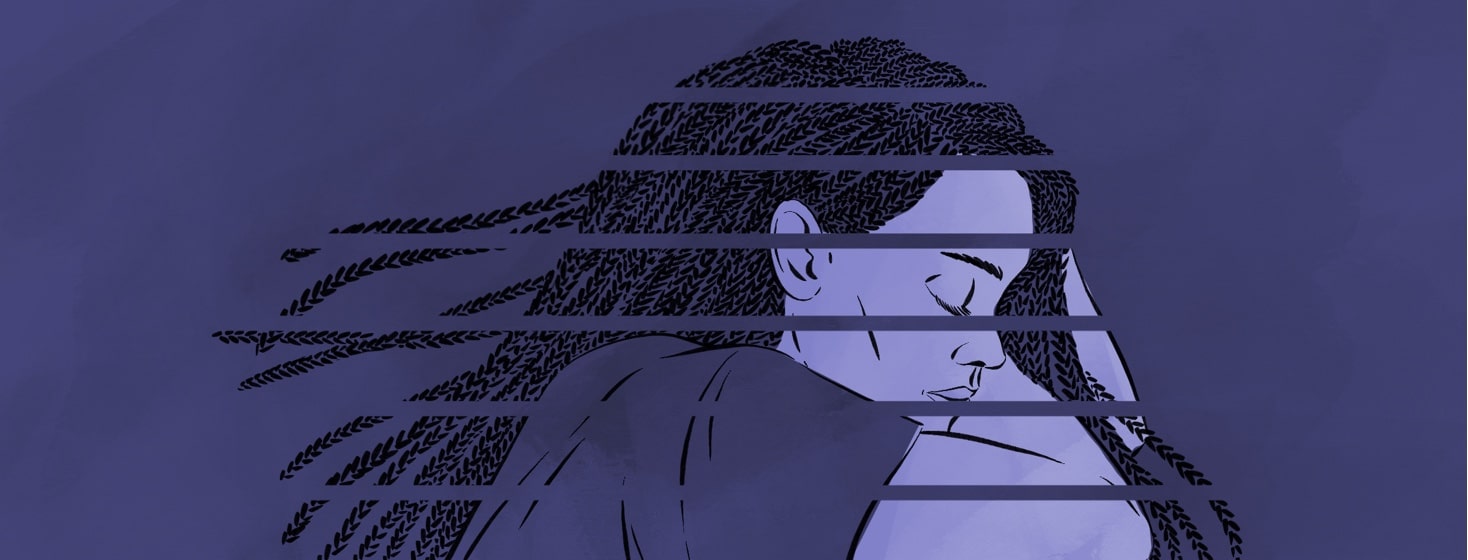Who Needs Sleep? I Need Sleep!
I have written quite a bit about my multiple sclerosis symptoms. I have mentioned tinnitus, spasticity, gastrointestinal problems, muscle weakness, and muscle spasticity. I have shared far more about myself than I ever anticipated. So much so that I used to hide my article URL from those who know me in real life (IRL). Just when you may have thought that I could not conjure up another symptom, I have. Sleep. Slumber. Dreamland.
Sleep disturbances are common
You do not have to be familiar with multiple sclerosis research to know that a good night's sleep is elusive for people with MS. According to research published in the Journal of Clinical Sleep Medicine, "sleep problems are seen in the MS population more frequently than in the general population, ranging from 25% to 54%. Sleep disorders such as insomnia, nocturnal movement disorders, sleep disordered breathing (SDB), narcolepsy, and rapid eye movement sleep behavior disorder have all been reported in MS".1
Consequences of a lack of sleep
Often sleep disorders go undetected or unaddressed for MS patients. In general, a lack of sleep can lead to dire consequences such as:1
- Daytime somnolence
- Increased fatigued
- Depression
And is associated with:1
- Increased risk of mortality
- Cardiac diseases
- Obesity
- Diabetes mellitus
Losing sleep can start a vicious cycle
Sleep is precious for everyone and for MS patients even more so. Our bodies are already on alert and losing one of the resources that fuel us can only bring about a chain reaction. With fatigue a major symptom for a majority of us, the added strain of not being able to sleep well at night only adds to our medical challenges. If you are already suffering from fatigue during the day, a poor night's sleep feels like adding another brick into a heavy load. Soon it could become a vicious cycle where restorative sleep is elusive regardless of time of day or night.
My experience
It started out with me falling off to the side. I would startle myself awake and shake it off. Then it got worse. I was dropping off out of the blue at any time. Primarily it was at home, but a few times I fell asleep during my lunch hour. I was convinced it was just my work schedule. I needed to get to bed earlier and not let worries about the next day interfere with that night's rest. It did not work. I was still tired. When we are short on sleep, we are affecting multiple areas of our health and welfare. Daytime drowsiness can lead to dangerous situations like car accidents and workplace injuries.2
The dangers of daytime drowsiness
I can remember being so sleepy that I once woke up in time to turn left on a green arrow. Ironically, I was just leaving my doctor's office where I was scheduled for a sleep study. It was at this time that I was also falling asleep in an instant, similar to narcolepsy. That was not what really scared me. Falling forward onto my living room coffee table and narrowly missing a sharp piece of artwork was only outdone by falling asleep while standing up in the laundry room at the washing machine. The laundry room with a concrete floor.
I was scared to go to sleep and underwent a study for help
By this time, I was scared to go to sleep. I had no idea why I was crying hysterically when the one thing I needed most was the one thing I feared. And that was lying down and closing my eyes. I did not know what was wrong with me. I knew it was sleep-related, but I could not put the pieces together. This is where good and accessible medical care comes into play. That sleep study I finally did? Well, it turns out that I was suffering from an extreme case of sleep apnea. Unbelievably, I stopped breathing over 200 times a night! I was looking at a tracheotomy if Bi-Pap therapy did not work. It did, and now I sleep without fear.
Get checked out!
Sleep disturbances may be a common part of multiple sclerosis, but that is no reason to take them for granted. Do not assume that you are tired because of MS or simple reasons of insomnia. Sleep is such an essential part of our overall health that it is well worth it to speak to your healthcare professional about any problems you might be having. Nothing is too small or too large to address. Do not wait until you are at a stoplight to get help.

Join the conversation